Thinking of planting apple trees
Mali Hart
2 years ago
Featured Answer
Comments (28)
Related Discussions
planting an apple tree- decisions and advice wanted
Comments (7)These apple varieties are considered more disease resistance (than most), Enterprise, Freedom, Liberty, Pristine and William's Pride. I don't know if any of these are self pollinating. However, if you see crab apple trees in your neighborhood, there is a good chance that your one tree will be pollinated. I like my William's Pride so much, I planted a second one. On semi-dwarf rootstock, it fruits in 3 yrs. It tastes good and is easy to grow. I don't know it's storage life. I never have enough because I also give them to friends and neighbors. In my climate, WP is resistant to Cedar Apple rust, apple scab and powderly mildew. I don't have to spray for any of these diseases. However, I don't think any apple variety is immune to insects such as apple maggot flies or coddling moths. I don't spray, I use a bagging method and hanging red spheres smeared with tangle foot glue to trap flies. You stated that you'll plant your tree in the front yard. If you don't want your neighbors to question why you put ziplock bags on your apples, you will need to learn to spray. Otherwise, it's diificult to get undamaged apples. Oh, after you do all that, squirrels will take your apples. They love fruit. The only effective way is to kill them. I have not had the guts to kill any (yet) and had many fruit taken away, at times, right in front of my eyes. Many of us here started growing fruit trees with little to no knowledge about it. At least you asked first before planting. I planted a few and faced a number of problems before I found this forum . Keep reading,and asking, you'll be successful....See Moresize/age of fruit tree at purchase
Comments (4)Elgringo: Buying older trees is a really, really bad idea. If you can find them, such as at that fly-by-night nursery that I shall not name, they will cost a fortune and another fortune to ship. Smaller trees adapt much better to your soil and growing condtions, and will catch up and pass older trees in 3-4 years, and be healthier for it. My favorites for vigor are 1-year whips, but I am willing to compromise and go for 2-year trees. Be patient and give your apple trees a little time. You will be glad you did. Don Yellman, Great Falls, VA...See MoreGarden centers/nurseries in Charlotte?
Comments (2)I am certain there are others closer to you than I, but I can suggest a fun day trip down to Matthews and Renfro Hardware. It is a trip back in time to the local hardware/seed store. They have several varieties of fruit trees and are very helpful. They even have chickens in the back....See MoreJust planted 2 apple trees and a peach tree. Please help
Comments (4)Since you have a decently sized clear area surrounding the trees, you can get by with just removing some of the soil surrounding the trunk to expose the root flare, rather than digging and lifting. Much better for the tree at this time of year as well. Once the root flare is exposed, keep that area surrounding the tree mulched Avoid covering at least 3" all the way around the trunk but keep the remaining soil covered with a good mulch to keep weeds away and conserve moisture....See MoreMali Hart
2 years agogardengal48 (PNW Z8/9)
2 years agoraee_gw zone 5b-6a Ohio
2 years agolast modified: 2 years agogardengal48 (PNW Z8/9)
2 years agoJohn D Zn6a PIT Pa
2 years agoraee_gw zone 5b-6a Ohio
2 years agolast modified: 2 years agokatob Z6ish, NE Pa
2 years agoJohn D Zn6a PIT Pa
2 years agogardengal48 (PNW Z8/9)
2 years agoJohn D Zn6a PIT Pa
2 years ago
Related Stories
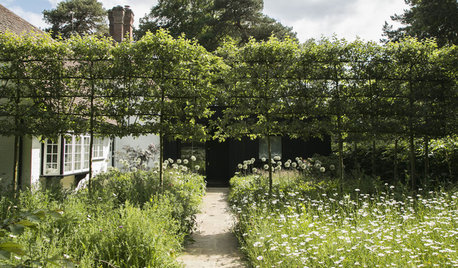
GARDENING AND LANDSCAPINGCrab Apple Trees Set Off a Stylish English Courtyard
A structure of pleached crab apple trees, bordered by a wildflower meadow, links a minimalist addition to an old house in Buckinghamshire
Full Story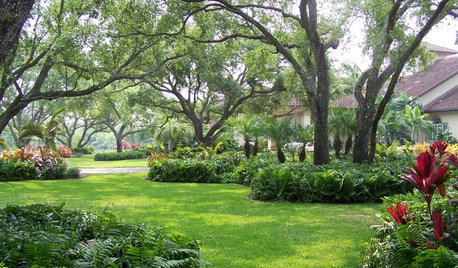
GARDENING GUIDESAn All-Star List of 10 Shade Trees to Plant This Fall
These tried-and-true varieties offer good-sized canopies, seasonal interest, wildlife benefits and more
Full Story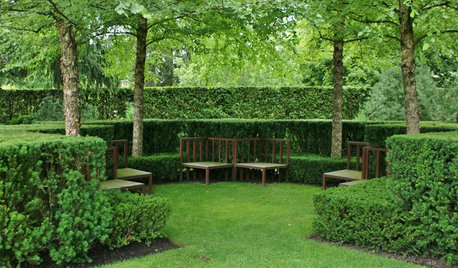
GARDENING GUIDESGrow Your Own Privacy: How to Screen With Plants and Trees
Use living walls to lower your home and garden's exposure while boosting natural beauty in your landscape
Full Story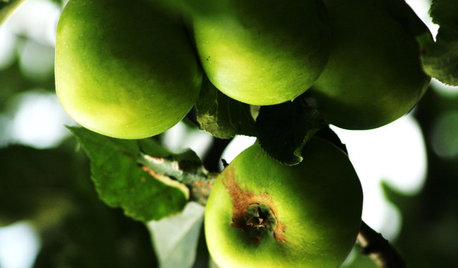
EDIBLE GARDENSHow to Add an Apple Tree to Your Edible Garden
Readily available, beautiful and fragrant, apple trees offer four-season interest along with crisp, juicy fruit
Full Story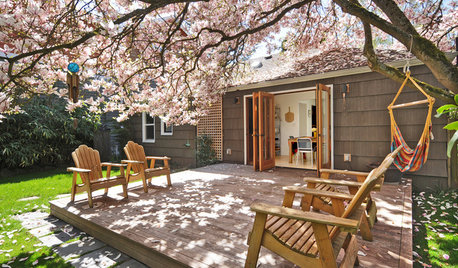
ARBOR DAY8 Reasons to Plant a Great Tree
Beauty is its own reward, but the benefits of planting the right tree in the right place go way beyond looks
Full Story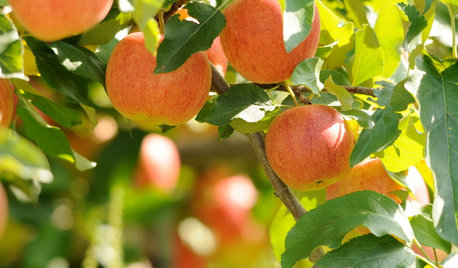
TREESHow to Plant a Fruit Tree
Great Home Project: Choose the best tree for your region, plant it to thrive and enjoy sweet rewards year after year
Full Story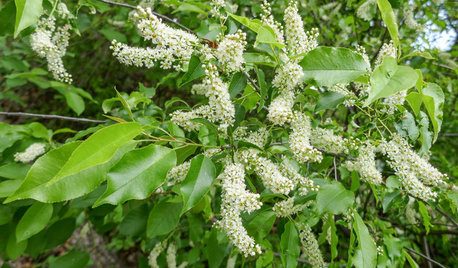
GARDENING GUIDESPlant Black Cherry Trees for the Birds and Bees
Plant Prunus serotina in the Central and Eastern U.S. for spring flowers, interesting bark and beautiful fall color
Full Story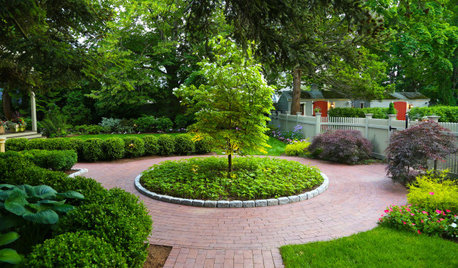
GARDENING GUIDESWhen and How to Plant a Tree, and Why You Should
Trees add beauty while benefiting the environment. Learn the right way to plant one
Full Story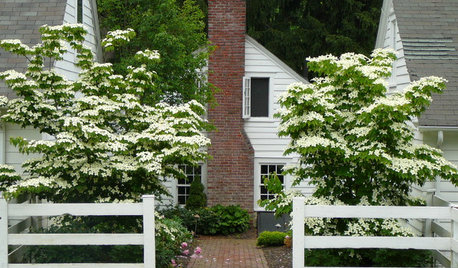
TREES7 Deer-Resistant Flowering Trees to Plant this Fall
If you live in a neighborhood with roaming deer, consider these beautiful trees that won't tempt hungry guests
Full Story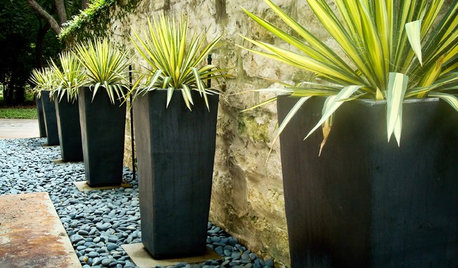
CONTAINER GARDENSWant Compelling Garden Minimalism? Think One Plant, One Pot
Highlight a show-worthy stunner or elevate a pedestrian plant by giving it a solo starring role in the garden
Full Story


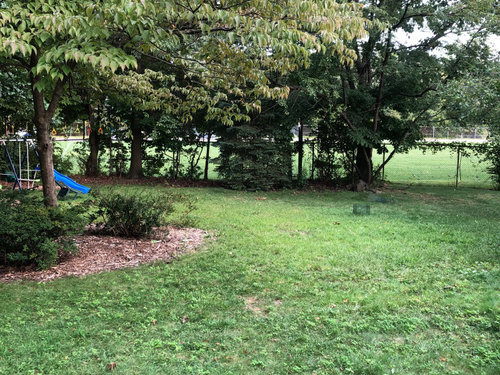



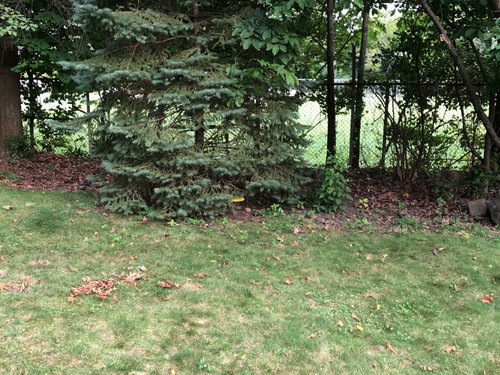


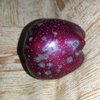
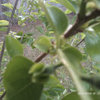
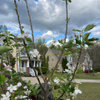
floral_uk z.8/9 SW UK